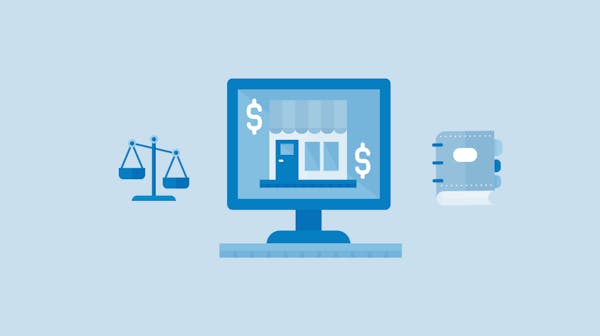Is an invoice legally binding? Yes, when it includes all necessary elements and is issued in compliance with commercial regulations, yet recognizing the enforcement of legally binding invoices is pivotal for the fiscal safety of your enterprise.
The Legal Weight of Invoices
Understanding Why Is an Invoice Legally Binding
An invoice gains its legal binding status when it adheres to certain standards, such as being a written record of the transaction, including the acceptance of terms by both parties, and containing specific details such as the date of issue, description of goods or services, the amount to be paid, and the parties involved. It essentially acts as a contract between the buyer and seller.
For example, if you deliver custom-designed furniture and issue a legally binding invoice for the transaction, that invoice is a legal claim for payment. If the client acknowledges the receipt and the invoice, they are agreeing to pay the stated amount, which is enforceable by law.
Conditions Under Which an Invoice is Considered Binding
However, not all invoices carry the same weight. To be enforceable, several conditions must be met, such as clarity of terms and mutual agreement. Understanding these conditions ensures that your invoices are legally sound and binding.
Elements That Make an Invoice Legally Effective
- Mandatory Information Required on An Invoice
Issuing invoices that are legally binding might seem uncomplicated, but it's easy to err. A legally effective invoice must include certain details. It's crucial to include all mandatory information, like business names, addresses, a unique invoice number, and a breakdown of services or goods provided. To avoid disputes and ensure prompt payment, entrepreneurs should clearly state payment terms and deadlines, communicate regularly with the client about the invoice, and keep detailed records of all transactions and communications.
- Common Missteps to Avoid When Issuing Invoices
By knowing the common mistakes to avoid, you can ensure your invoices remain valid and enforceable, avoiding disputes and delayed payments.
Enforceability of Invoices
- What Happens When an Invoice is Ignored?
Ignoring an invoice can lead to serious legal repercussions. If a client doesn't pay, you have the right to take steps to enforce that invoice, which may involve late fees, interest, or even legal action.
- Case Studies Demonstrating the Power of a Binding Invoice
In a landmark case, a freelancing graphic designer was able to claim unpaid invoices from a large corporation after a long dispute. The court ruled in favor of the designer because their invoice included a clear scope of work, a breakdown of the price, and proof of delivery and acknowledgment by the corporation’s representative.
- How to Effectively Use Invoices to Secure Your Business Deals
Your invoice is a tool for securing payments and outlining clear payment terms. Learn to use this tool strategically to protect your cash flow and build professional credibility.
Preventative Measures and Best Practices
- Set Up Strong Procedures Ensuring Your Invoices Are Legally Binding
To mitigate risks, establish robust invoicing protocols. This includes verifying client information, using sequential invoice numbering, and setting clear payment terms.
Tools and Services to Ensure Invoice Legitimacy and Compliance
To streamline your invoicing process and ensure every document is up to standard, consider InvoiceOnline , which allows you to create invoices online swiftly, without the need for any registration. It's a simple, secure way to manage your billing.




